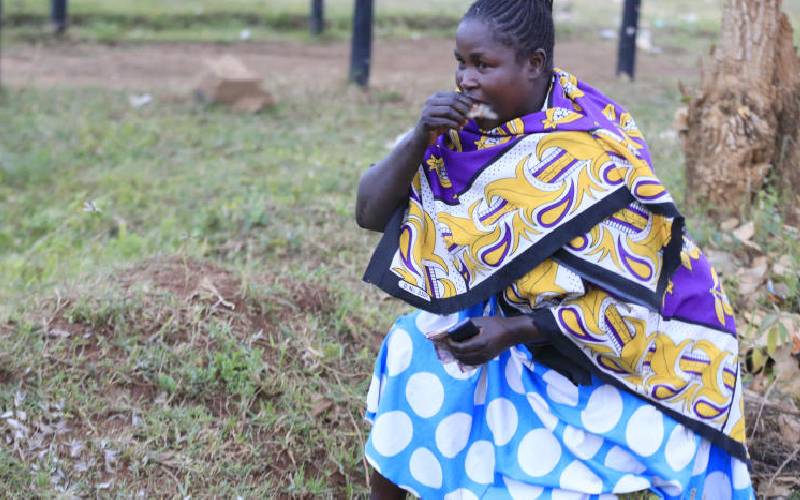×
The Standard e-Paper
Join Thousands Daily

Treasury Cabinet Secretary Ukur Yatani may have on Thursday succeeded in painting a picture that the Sh3.32 trillion budget was for the ordinary citizen.
This he achieved by carefully selecting what to include in his Budget Speech at a time the rising cost of living is putting the livelihoods of millions of Kenyans at risk.